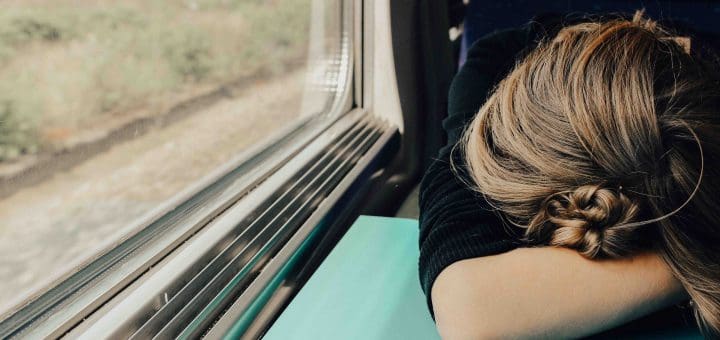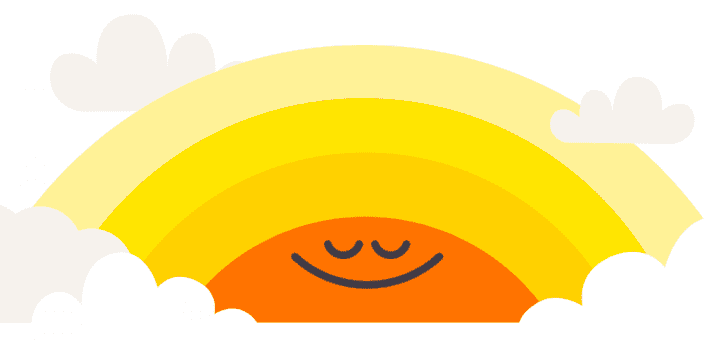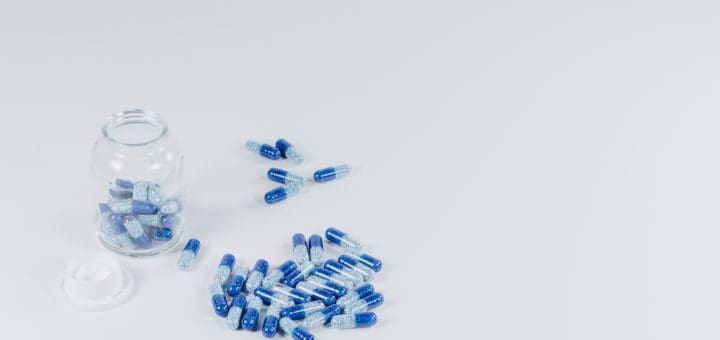Improving Sleep
While it’s incredibly important to get a good night’s sleep, sleeping patterns and the amount of sleep adolescents get can get jumbled because of mental illness (for example, we’ve talked about “depression naps” and the effects that they can have). Overall, it’s difficult for adolescents to get the recommended amount of sleep they should be getting, and with higher rates of mental illness within this age group today, it can be even more difficult because of the ways that it can affect your sleep, such as depression napping and insomnia.











Recent Comments